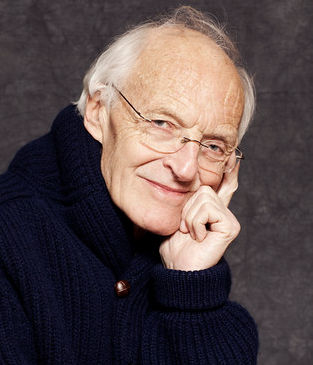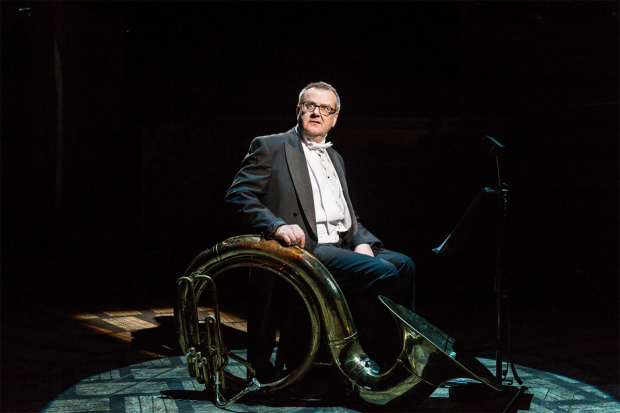Michael Frayn: 'You never know what's going to catch the public fancy'
The veteran playwright on his latest project, ”Matchbox Theatre – An Evening of Short Entertainments”

© Jillian Edelstein
How did Matchbox Theatre first come about?
Over the years my short plays have been piling up, and I can't say I ever thought about their destination. Finally I showed them to my wife [biographer Claire Tomalin] who took them to my publisher behind my back. They liked them and initially published them as a book, so that people could read the playtexts in the comfort of their own homes. Then, just before Christmas, I was approached by Hampstead about doing them on the stage.
Would it be fair to describe it as an evening of theatrical sketches?
I suppose it would; some of them certainly have a sketch-like quality. I've done a couple of evenings of short plays before – Alarms and Excursions, and an evening of my adaptations of Chekhov one act plays. I think sometimes it's nice to see solid, full-length work, but sometimes it's nice to see something that's not as continuous as that, containing lots of different ideas.
Hampstead is going through such a boom time currently
It is. Ed Hall and Greg Ripley-Duggan have been a wonderful combination. I was on the board for 25 years and was heavily involved with its establishment. And I must say I'm extremely proud of my part of it. Every time I go there now I feel very pleased that I had a hand in it.
What's your assessment of the health of theatre more widely?
I've worked across several industries in my life – theatre, cinema, television, publishing, newspapers – and they've all supposedly been on their deathbeds, but none of them so far have actually died. There are certainly problems in the theatre, some are going through a very tough time at the moment, but there's still an amazing amount of work being produced. London is still a great theatre capital. So it's not entirely gloomy.

© Manuel Harlan
What sets London apart?
One of the great things about London is that there's a wonderful symbiosis between the subsidised theatre and the commercial theatre, which doesn't exist to the same extent in other countries. It's obviously wonderful for commercial producers because a lot of the risk gets taken on the subsidised side, but there's also a big advantage for subsidised theatres, because if you do have a success it's difficult to exploit it in the framework of a subsidised venue. The idea of transferring a hit to a larger house and making money out of it is a lifeblood.
Is there a secret to success in commercial terms?
You never know what's going to catch the public fancy and what isn't. Sometimes the most surprising plays find a large commercial audience, and sometimes what seems like a sure-fire commercial hit goes down the tubes.
Are you working on anything currently?
The short plays go on piling up but I don't have a large play under construction. There are one or two revivals which I hope are on the horizon, but as ever it's hard work lining everything up.
Matchbox Theatre: An Evening of Short Entertainments is at Hampstead Theatre until 6 June












